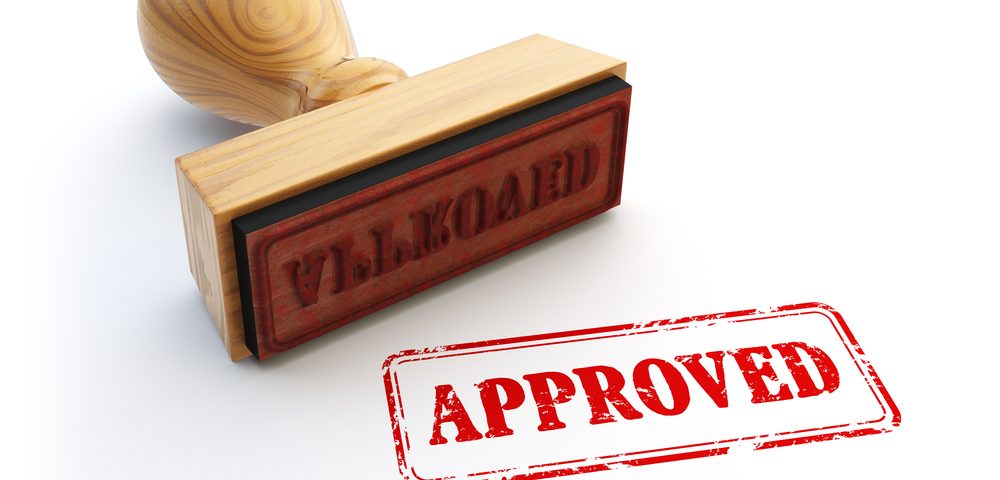The anti-PD-1 immunotherapy Keytruda (pembrolizumab) has received accelerated approval from the U.S. Food and Drug Administration (FDA) for the treatment of adults and children with refractory classical Hodgkin’s lymphoma (cHL) who have relapsed after three or more previous lines of therapy.
The accelerated approval was based on promising tumor response rates and durability of response. Continued approval of Keytruda for this indication depends on further confirmation of the findings and a description of the clinical benefit in confirmatory trials.
“For the patients with classical Hodgkin lymphoma who are not cured with existing treatments, there are limited options, and treating their disease becomes more challenging,” Dr. Craig Moskowitz, clinical director of the Division of Hematologic Oncology at Memorial Sloan Kettering Cancer Center, said in a press release.
“This approval is an important step forward in treating these patients, who are generally young and have a particularly poor prognosis, and gives us the opportunity to help patients in their fight against this devastating disease,” he added.
The FDA’s decision was based on data from the 210 cHL patients enrolled in the KEYNOTE-087 Phase 2 trial (NCT02453594). The multicenter, open-label, single-arm study was designed to assess the safety and effectiveness of Keytruda in relapsed or refractory cHL patients who had received at least three prior lines of therapy.
Among the participants, 61% had undergone prior autologous stem cell transplants, 83% had received Adcetris (brentuximab) treatment, and 36% had undergone prior radiation therapy.
Patients received Keytruda (200 mg) every three weeks for up to 24 months, or until unacceptable toxicity or disease progression.
An analysis of efficacy after a median follow-up of 9.4 months showed that the overall response rate was 69%, with a complete response rate of 22%. Among the 145 patients who responded to Keytruda, the median duration of response was 11.1 months.
Twenty-six percent of patients interrupted their Keytruda treatment due to adverse reactions. Five percent discontinued treatment permanently.
Serious adverse reactions occurred in 16% of patients, the most common of which were penumonia, pneumonitis, fever, shortness of breath, graft-versus-host disease (GVHD), and herpes. Two patients died from causes other than disease progression: one from GVHD after transplant and one from septic shock.
There is limited experience in pediatric patients, but in a prior study of 40 children with advanced melanoma, PD-L1–positive advanced, relapsed, or refractory solid tumors or lymphoma, Keytruda’s safety profile was similar to that observed in adult patients. Therefore, Keytruda’s effectiveness in young patients was extrapolated from adults with classical Hodgkin’s lymphoma.
Keytruda is now approved at a fixed dose of 200 mg in adult patients and 2 mg per kg of body weight (up to a maximum of 200 mg) in pediatric patients. It is administered for up to two years, until unacceptable toxicity or disease progression.
“The results from KEYNOTE-087 showed that most patients with relapsed or refractory classical Hodgkin lymphoma responded to treatment with Keytruda, and 22 percent experienced complete remission,” said Dr. Roger M. Perlmutter, president of Merck Research Laboratories. “Today’s approval – the first for Keytruda in a hematologic malignancy – reinforces the hope that immunotherapy will prove useful in a wide variety of cancers.”


